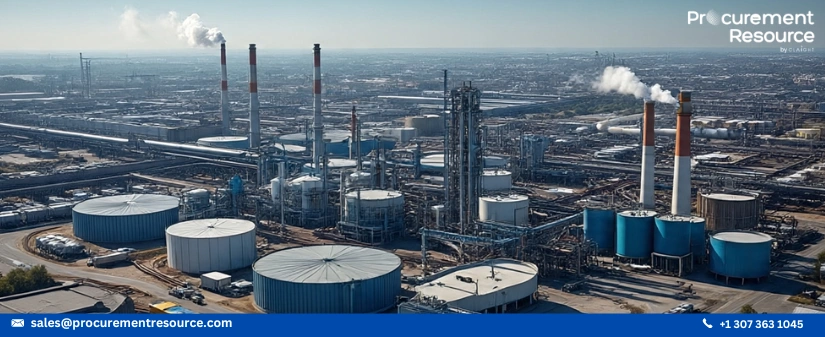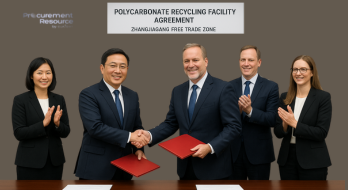India sets forth to elevate its position in the global chemical value chain

India has set an ambitious goal to expand its role in the global chemical value chain. Currently ranked as the world’s sixth-largest chemical producer, the country accounts for only 3.5% of the global market and recorded a trade deficit of USD 31 billion in the sector in 2023. To address this, NITI Aayog, the government’s policy think tank, has outlined a strategy to increase India’s share to 12% by 2040 and grow the industry into a USD 1 trillion sector.
The plan focuses on seven key initiatives. One priority is developing world-class chemical hubs by upgrading existing clusters and establishing new ones. A central empowered committee and a dedicated chemical infrastructure fund will support these efforts. Additionally, the strategy includes creating port-based clusters in eight high-potential regions, backed by specialized committees to improve logistics, storage, and connectivity.
To reduce import dependence and boost exports, the government will offer operational expenditure subsidies for producing critical chemicals. This aims to lower the trade deficit while strengthening domestic manufacturing. Another critical area is research and innovation, with plans to increase R&D funding, enhance industry-academia collaboration, and forge global technology partnerships. Regulatory processes will also be streamlined through a fast-track environmental clearance system under the Department for Promotion of Industry and Internal Trade.
Skill development is a major focus, with plans to expand technical training infrastructure, upgrade faculty, and emphasize emerging fields like green chemistry and process safety. On the trade front, the government will pursue sector-specific free trade agreements to secure tariff exemptions for essential raw materials and educate exporters on maximizing existing trade benefits.
India also sees an opportunity in the global supply chain shift as companies diversify away from China. The chemical sector is a strategic priority under initiatives like Make in India and Atmanirbhar Bharat, aiming to enhance self-reliance.
The overall strategy aims to position India as a global leader in specialty and sustainable chemicals while generating around 700,000 skilled jobs by 2030. If successfully implemented, this roadmap could significantly elevate India’s standing in the global chemical industry.



